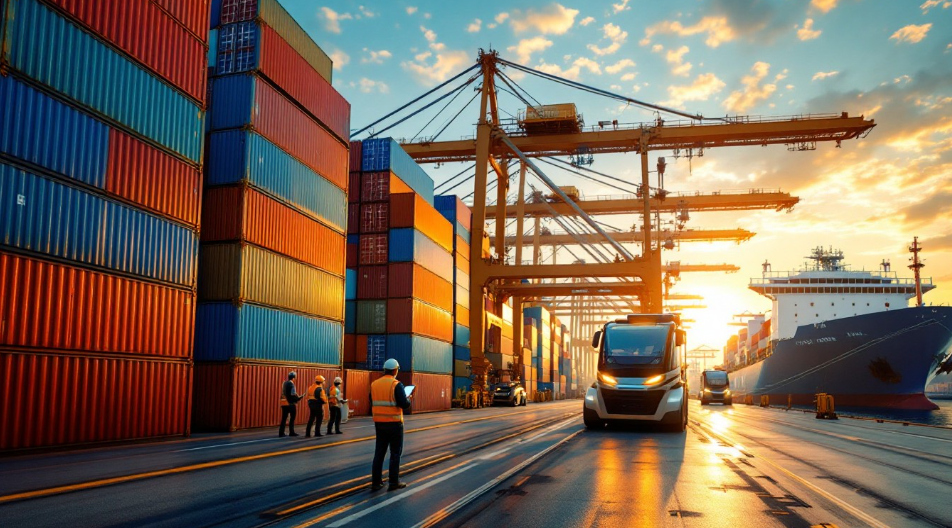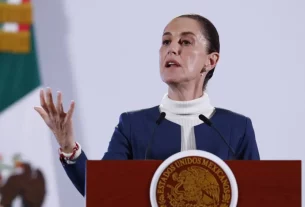China’s Commerce Ministry has announced a one-year suspension of reciprocal port fees between Beijing and Washington, signaling a temporary easing of trade tensions. The U.S. has yet to formally confirm the agreement.
Trade De-escalation Following Trump–Xi Summit
On 30 October 2025, China’s Ministry of Commerce stated that both countries had agreed to pause reciprocal port fees for one year, following a bilateral meeting between President Donald Trump and President Xi Jinping in Busan, South Korea. The fees, introduced on 14 October, targeted vessels owned, operated, or built in the other country, and had become a flashpoint in broader maritime and trade disputes.
The suspension is expected to ease pressure on global shipping markets, which have faced rising costs and uncertainty due to the tit-for-tat levies.
U.S. Position Still Unclear
While Beijing confirmed its commitment to halt retaliatory fees once the U.S. suspension takes effect, the Trump administration has not yet formally confirmed the one-year pause. A spokesperson for the Office of the U.S. Trade Representative (USTR) indicated that the U.S. is still reviewing the terms under its Section 301 investigation into China’s maritime and shipbuilding practices.
Trade representative Jamieson Greer noted that Washington’s focus remains on addressing structural imbalances in the sector, and that any suspension would be contingent on further negotiations.
Industry Reaction
The announcement was welcomed by the International Chamber of Shipping (ICS) and major logistics firms, which had warned that the fees posed significant challenges to port efficiency and competitiveness. Analysts say the move could stabilize freight rates and reduce operational friction for trans-Pacific carriers.
The agreement follows a broader set of concessions reached during the Trump–Xi summit, including tariff reductions, rare earth export relaxations, and cooperation on fentanyl control.
Sources:
Yahoo Finance; Trans.info; Marine Log ; China Briefing ; WorldCargo News



